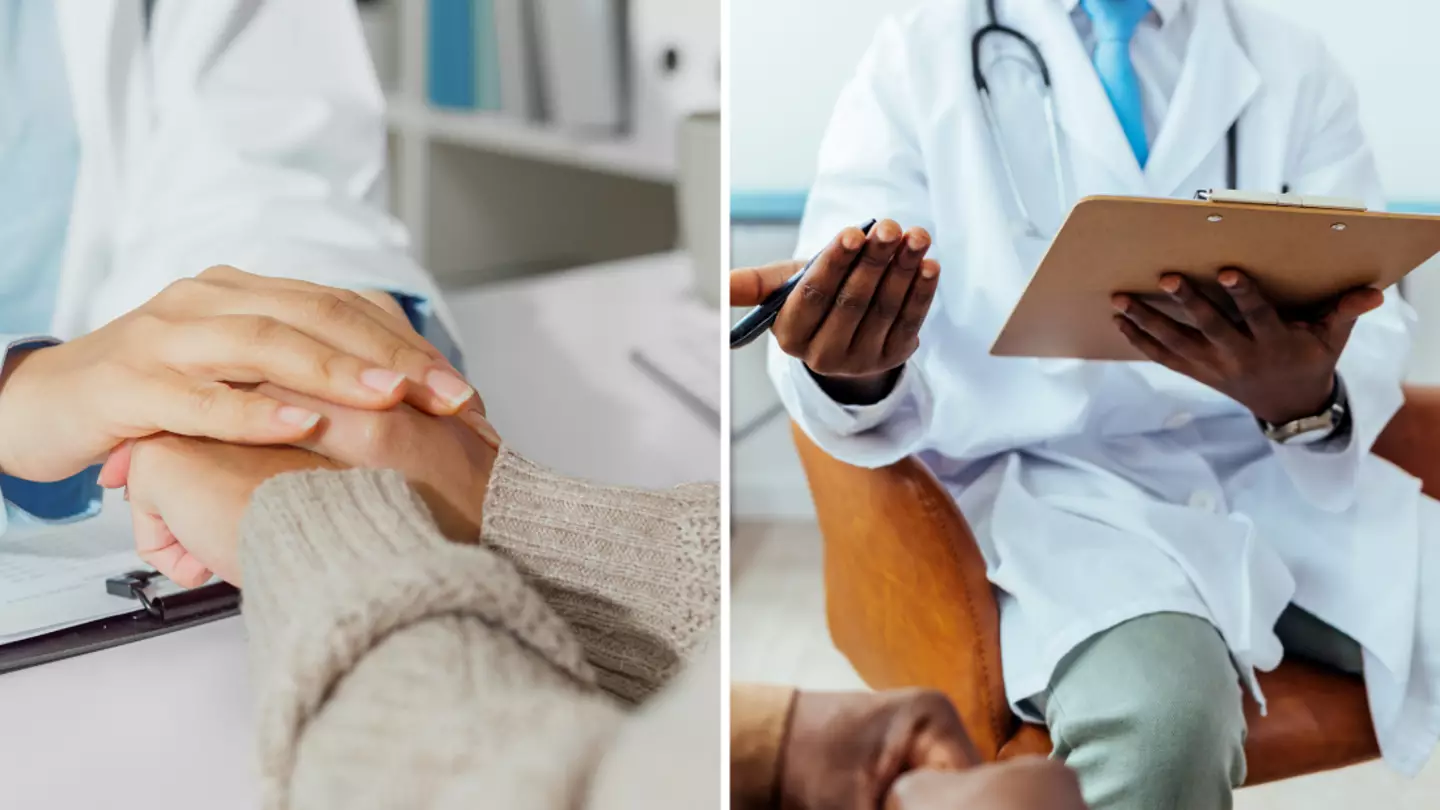
While many may believe that cancer is something you develop in later life, it can happen at any time.
According to studies, around 2,300 new cancer cases in young people are being reported in the UK every year.
Recent research has even found that Gen X and Millennials are now at a higher risk of developing 17 cancers compared to older people, such as colon cancer, which seems to be more and more prevalent in younger folks
Dr Elena Stoffel, a director of Rogel’s Cancer Genetics Clinic, said last just week, that ‘nobody’s ever too young for cancer.’
Advert
Now, University of Michigan physicians are sharing their nine tips to help reduce the risk of early-onset cancer in Gen Z, with Stoffel giving great advice too.
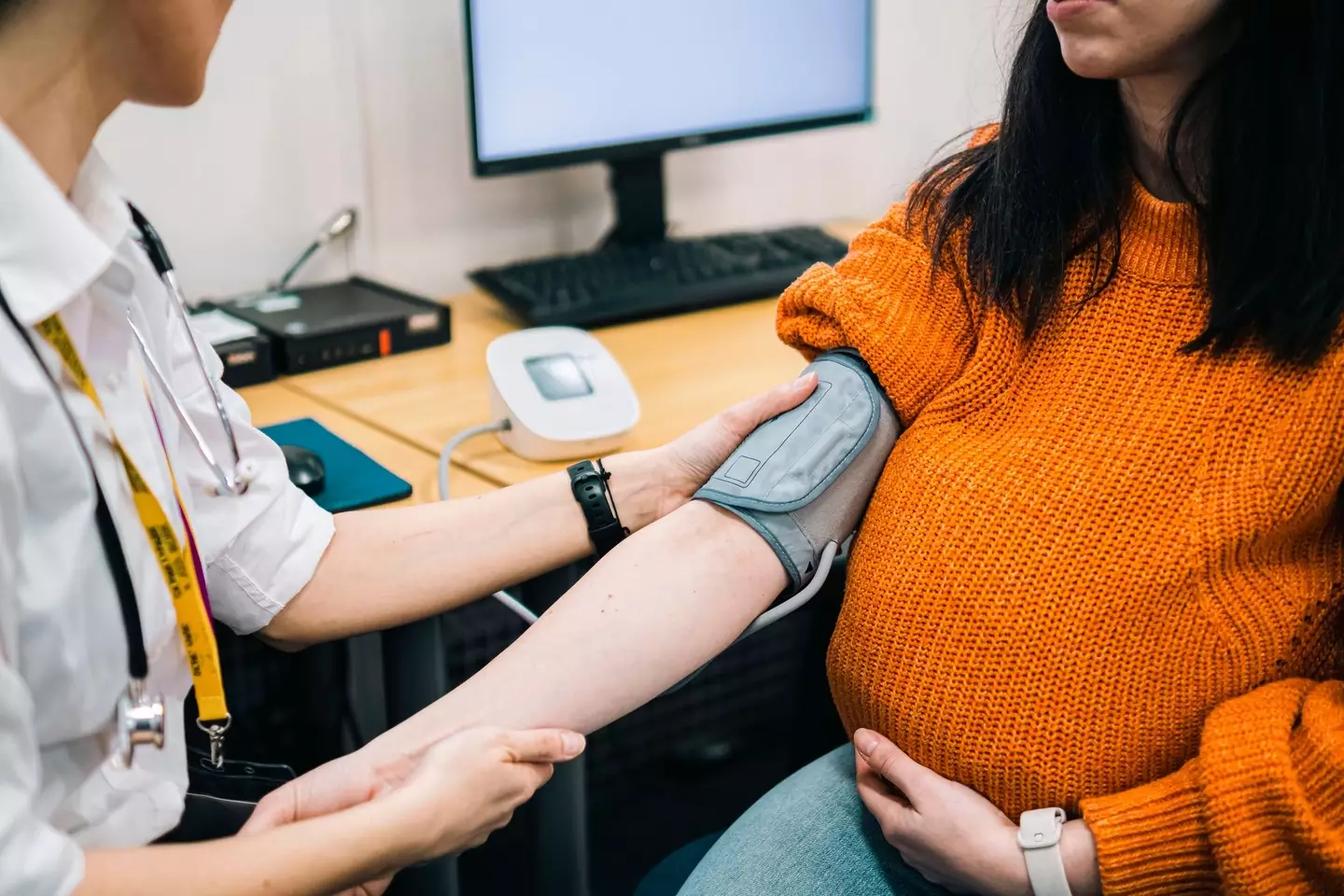
Talk with your doctor
“It’s incredibly important to talk to your doctor about your family history of cancer,” Stoffel said.
She added: “If you say, ‘Actually, there are several people in my family who have all been diagnosed with colorectal cancer,’ that should set off red flags, bells and whistles.
“That discussion should integrate what we know about you, your family history, your health habits and behaviour, to develop a plan for how we can take better care of you, with you invested in the process.”

Stop smoking
According to The Royal College of Paediatrics and Child Health, smoking has been found to cause at least 16 types of cancer and is also linked to six further types.
The American Cancer Society also found that smoking is responsible for 20 percent of US cancer cases and nearly 30 percent of deaths.
One study believes that 1.2 million lung cancer deaths could be prevented in 70 years just by banning tobacco products for those in Gen Z who are born between 2006 and 2010.
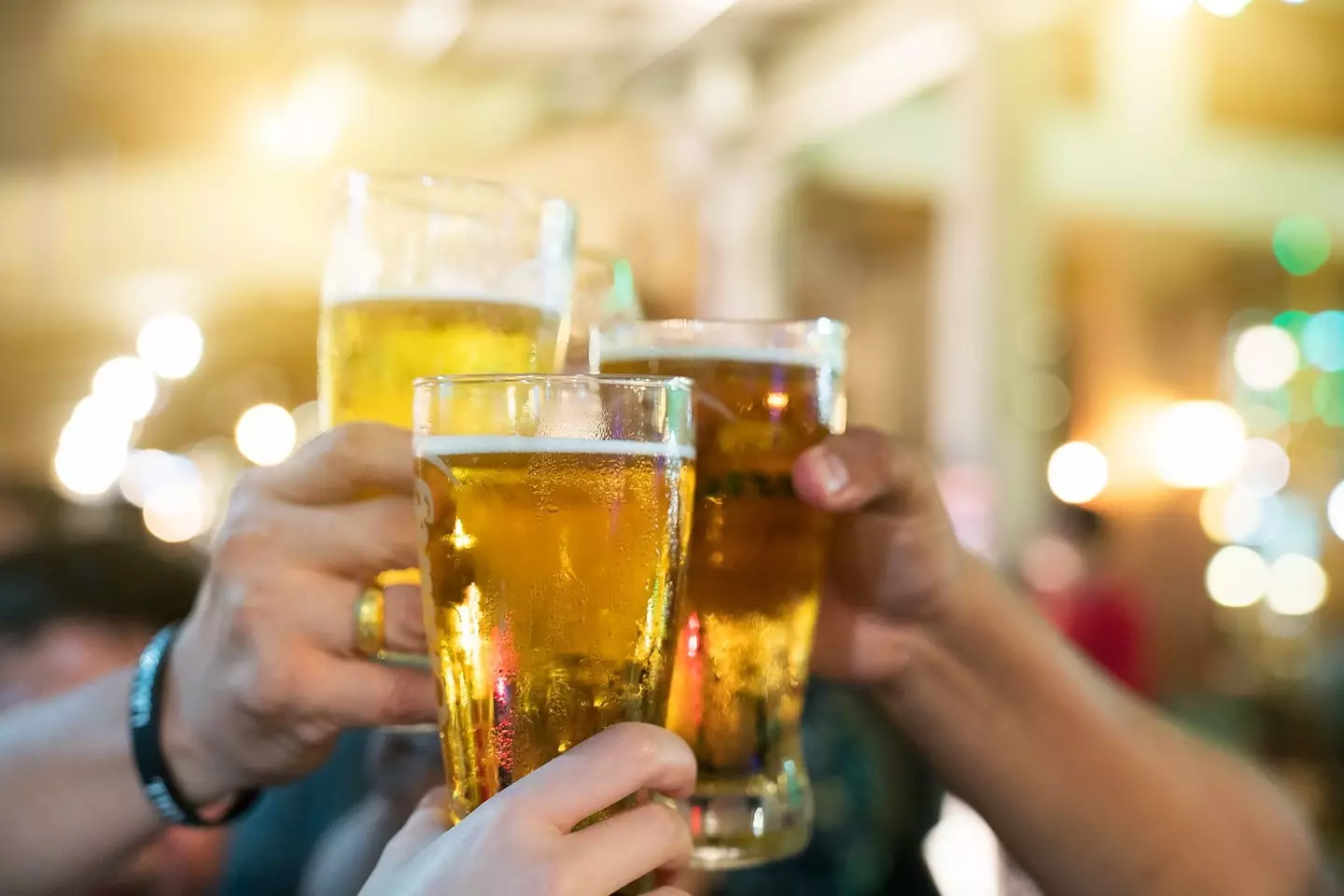
Limit alcohol use
It’s well known that alcohol is linked to a crazy number of illnesses, but cancer is also one of them.
That’s because when we metabolise alcohol, it produces a toxin which damages our DNA.
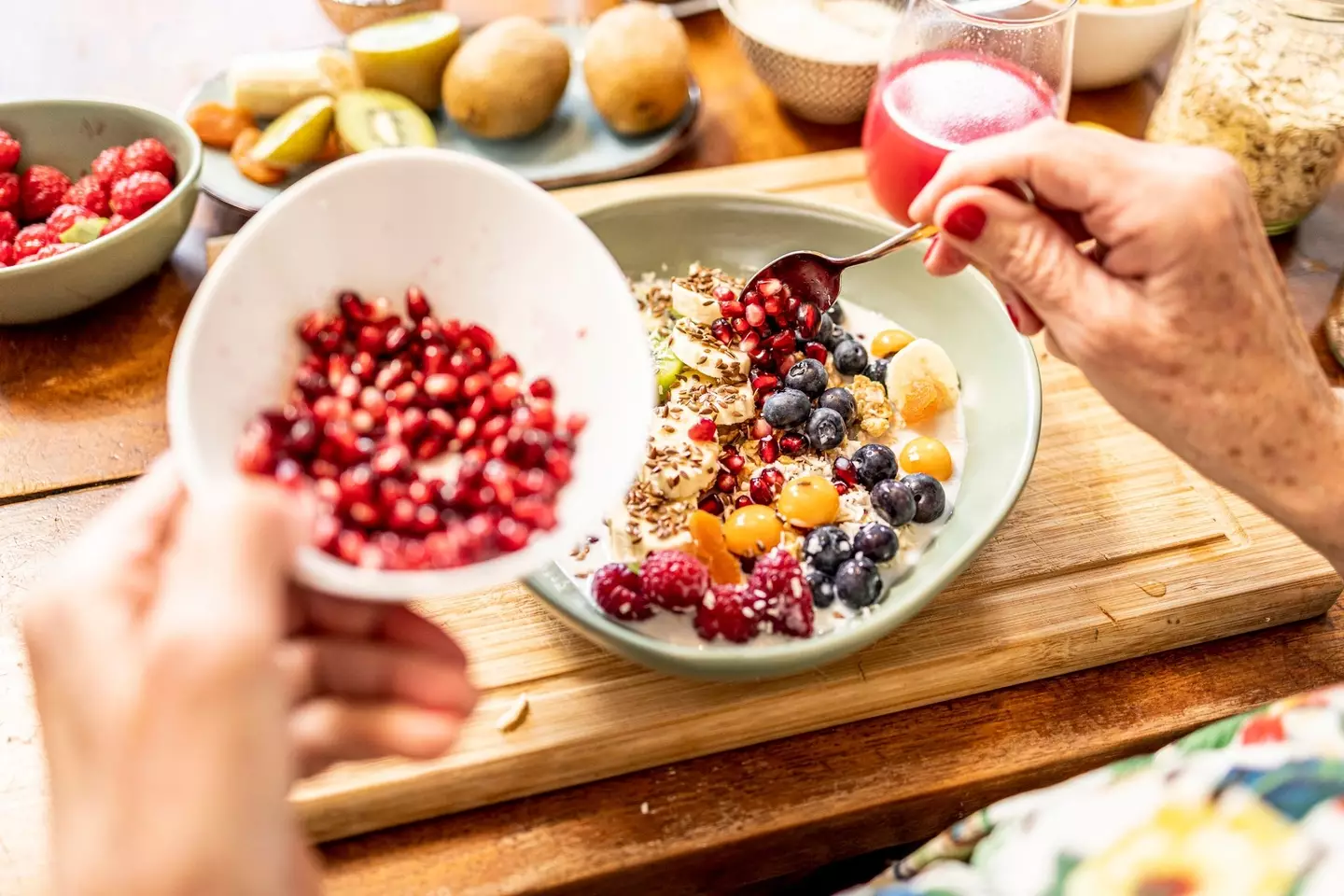
Eat a healthy diet
The experts at the University of Michigan advise eating a diet rich with whole grains, fruits and vegetables and steering clear of red meat, processed meats, refined grains and sugar.
You are what you eat, right?
There’s plenty of evidence to suggest that the Western diet which is rich in high-fat, low-fibre can raise your risk for early-onset colorectal cancer.
The National Library of Medicine has a ton of research on this, which shows that ‘dietary and lifestyle modification could complement colorectal screening for early-onset colorectal cancer prevention’.
In fact, if you were to just raise your intake of fibre, you’d be putting yourself at a significantly lower risk of the cancer.
Also, being overweight can increase your risk, so add in some exercise and low-calorie snack options.
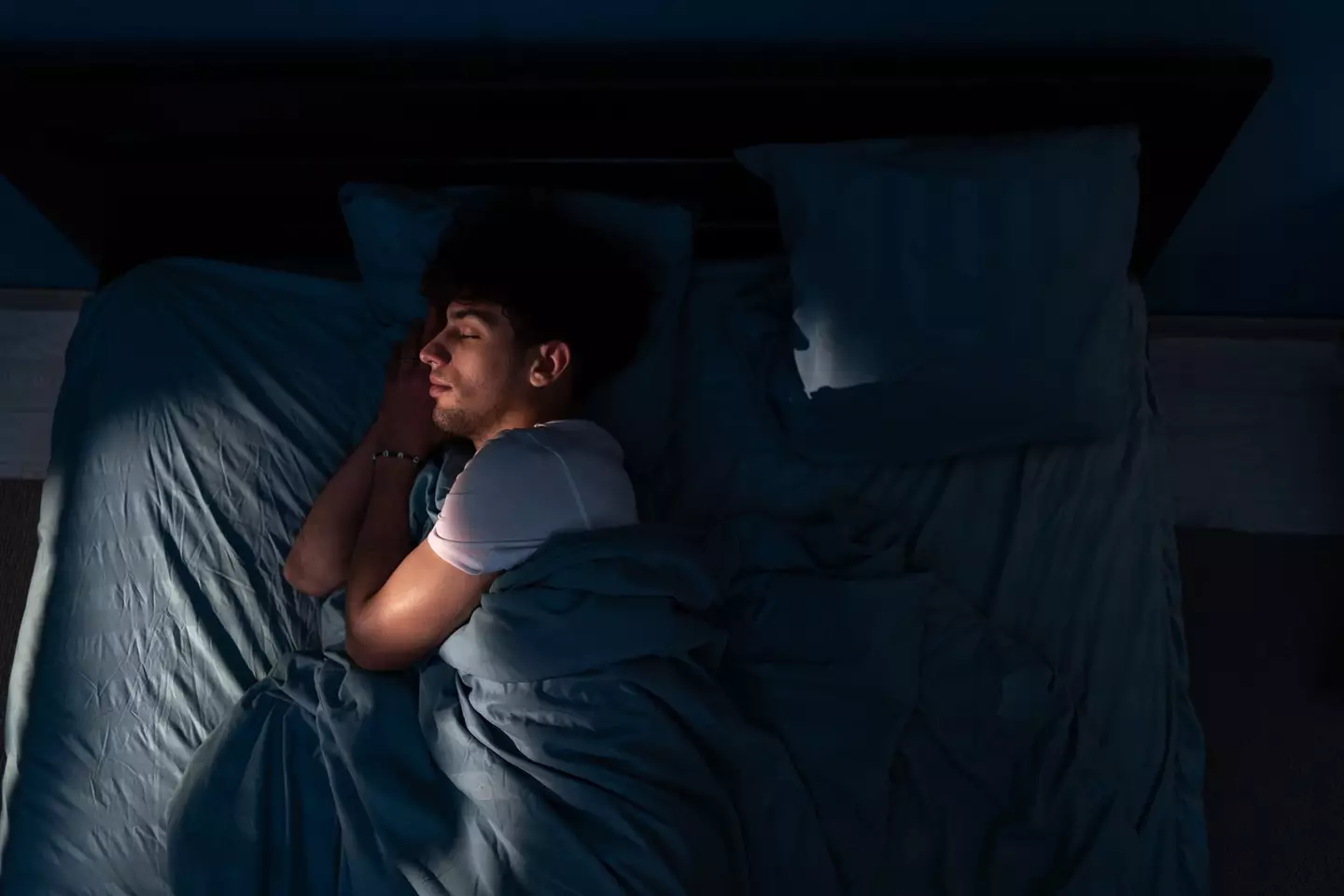
Get sufficient sleep
Sleep experts tend to suggest between seven to nine hours of sleep for adults, as bad sleep can affect your hormone balance and increase your risk of developing breast, ovary, prostate or colon cancer.
Johns Hopkins Medicine states that ‘sleep and cancer are intertwined’, so make sure you catch those Zzzs.

Exercise regularly
Exercising can benefit everything, from your overall health and weight to even your brain and heart.
Considering the fact that obesity can put you at risk for several types of cancers, it’s best to try to maintain a healthy weight.
If you’re struggling, talk to your GP.
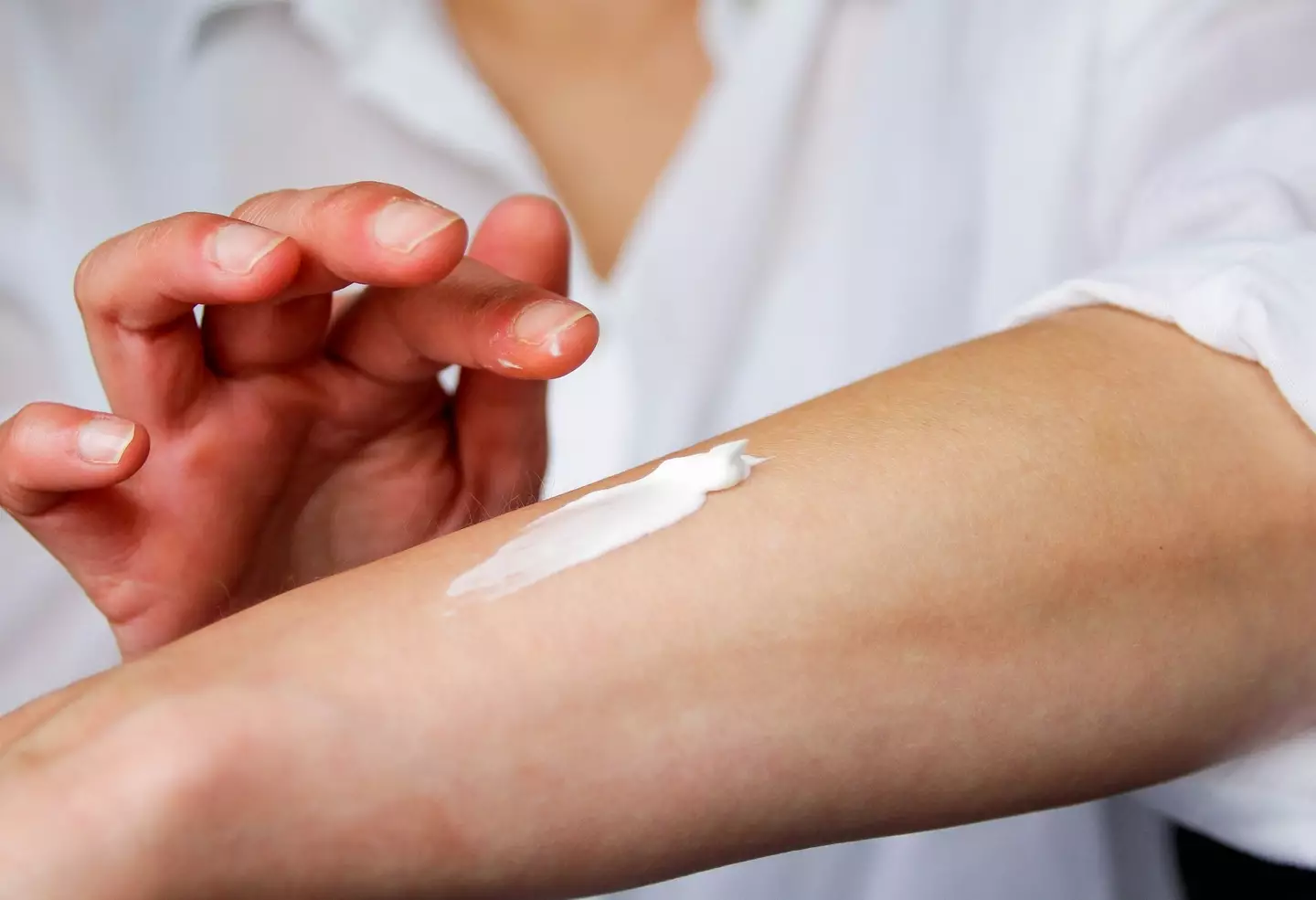
Wear sunscreen
Skin cancer isn’t to be messed with.
Even though our weather is naff 360 days out of the year, that doesn’t mean your skin isn’t being damaged by the UV rays.
Remember ladies, retinol also puts you at risk for damage caused by the sun if you don’t wear an SPF face cream in the mornings!
Go for 30 SPF at least to keep yourself safe.
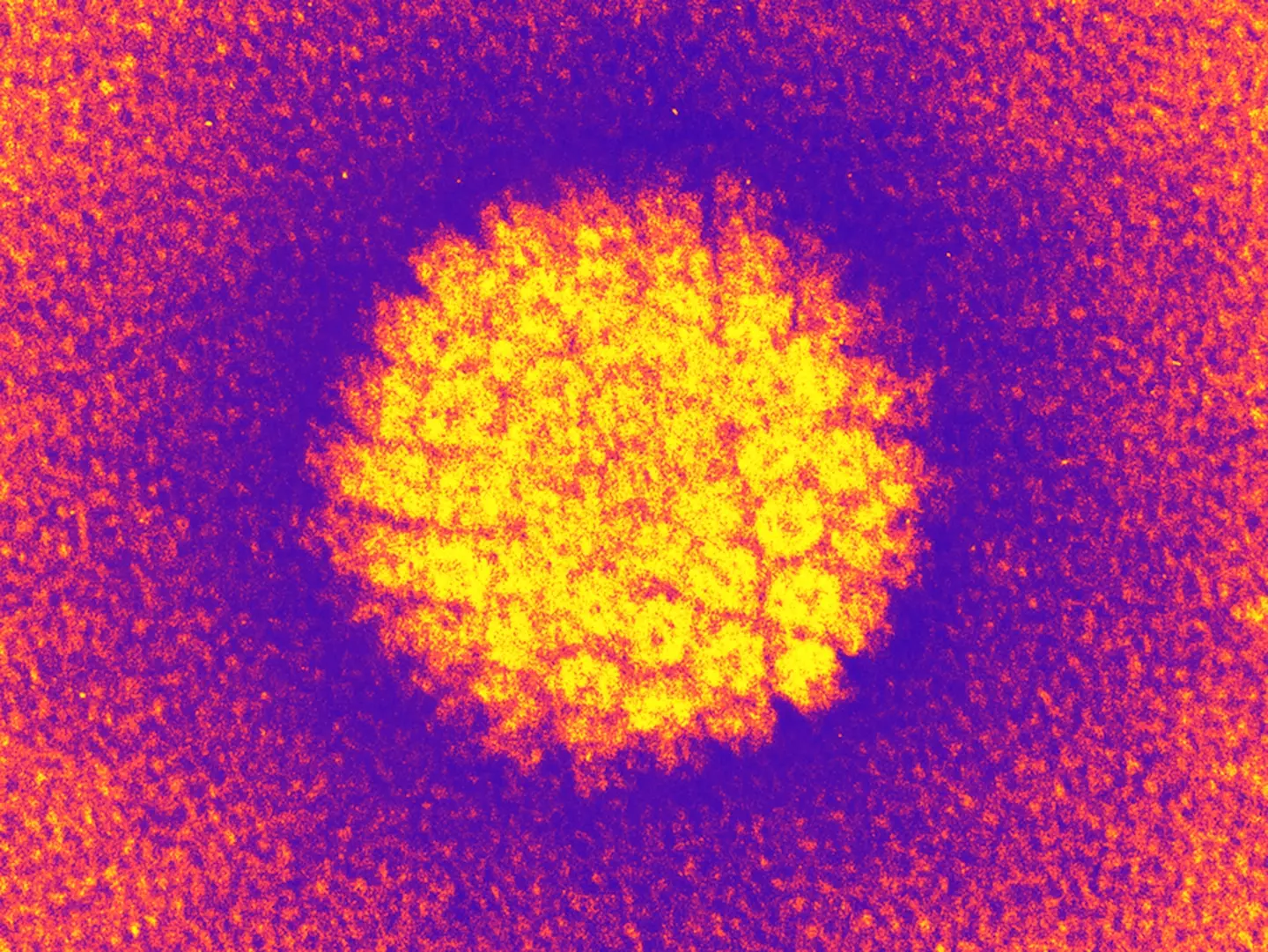
Get protected against HPV
While a lot of us had our HPV vaccine at school, that doesn’t mean everyone did.
HPV is a virus, and certain types have been linked to oropharyngeal cancer (head and neck).
If you don’t remember getting the jabs at school, book yourself into the doctors.
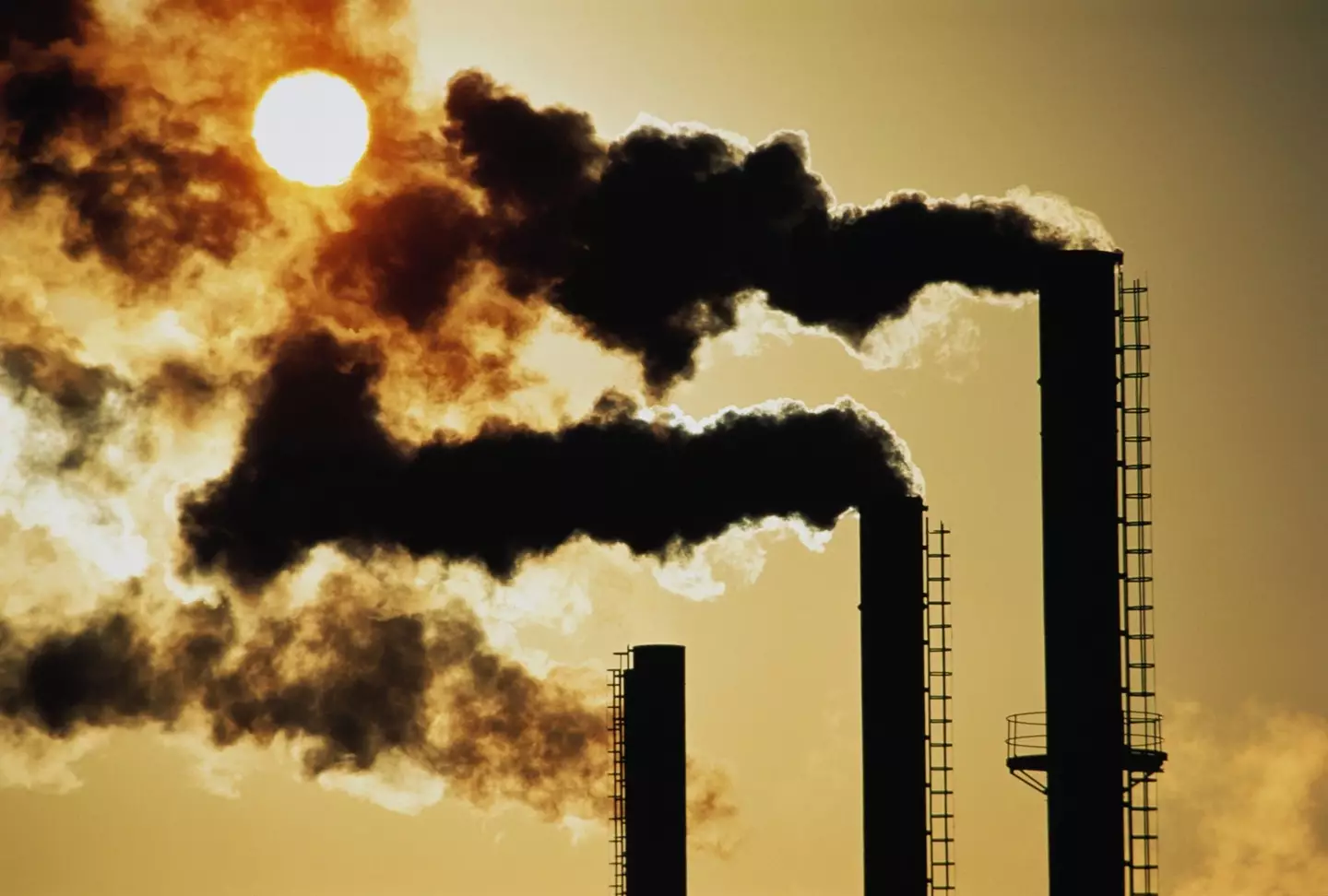
Limit exposure to pollutants
University of Michigan researchers advise using air filters to reduce air pollution.
According to the World Health Organization: “Air pollution is a significant and far-reaching threat to public health, with 99% of the world’s population breathing unhealthy air.”
It’s best to follow this advice, regardless of your age so that you can live a long life.
Topics: Cancer, Health, Food and Drink, Gen Z
